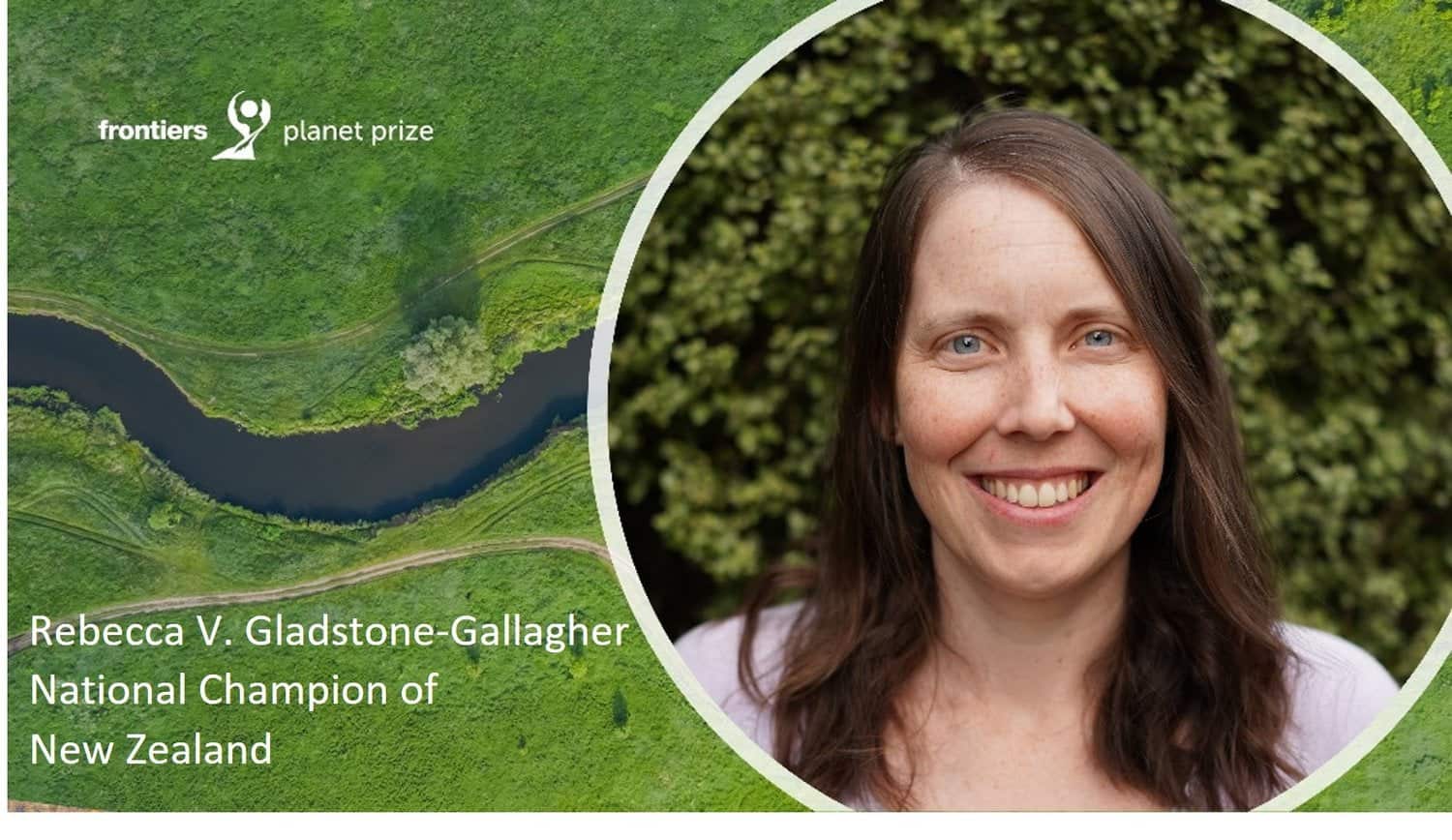Aroha Mead
Crazy & Ambitious Think Tank
Stimulating new ideas, approaches or syntheses that are needed to improve our biological heritage over the longer-term.
This research is
overview Te Tirohanga Whānui
The BioHeritage National Science Challenge has been funded for 10 years, but reversing the decline of our biological heritage will take much, much longer than this.
This ‘horizon’ work will complement the shorter-term research being conducted within our main programmes by re-imagining how we, as a nation, could take a better-informed approach than what is currently provided by various national strategies or operational efforts in ‘isolation’.
Their activities also provide a way of integrating work streams on biodiversity and biosecurity, and will support early career and Māori thinkers.
Co-leads Ngā kaiārahi ngātahi

Ngāti Awa, Ngāti Porou, Ngāti Tūwharetoa, Tuhourangi, Ngāi Tūhoe

Jason Tylianakis
University of Canterbury
Related News
Resource outputs from this programme
Crazy & Ambitious 4 – 2024
A playlist of presentations given at New Zealand’s Biological Heritage Science Challenge conference, Crazy & Ambitious 3. 24 – 27 May 2022, at Te Papa,…
Crazy & Ambitious 3 – 2022
A playlist of presentations given at New Zealand’s Biological Heritage Science Challenge online conference, Crazy & Ambitious 3. 24 – 27 May 2022. This event…
Crazy & Ambitious 4: Māori conservation map
Online presentation from Crazy & Ambitious 4: Māori conservation map, with Aroha Mead, Independent Research Director
Birds optimize fruit size consumed near their geographic range limits
Animals can adjust their diet to maximize energy or nutritional intake. For example, birds often target fruits that match their beak size because those fruits…
Species traits and community structure can drive large-scale spatial propagation of effects in ecosystems
Species can directly and indirectly affect others across communities and habitats, yet the spatial scale over which such effects spread remains unclear. This uncertainty arises…
The propagation of disturbances in ecological networks
Network science has revealed that the architecture of many complex biological, physical, and social systems facilitates the direct and indirect propagation of disturbances. Ecological disturbances,…
Teach Indigenous knowledge alongside science
Conflict has grown around Indigenous knowledge in education policy. There has been growing acceptance of the value of Indigenous knowledge for promoting ecological resilience, transformational…
Social–ecological connections across land, water, and sea demand a reprioritization of environmental management
Despite many sectors of society striving for sustainability in environmental management, humans often fail to identify and act on the connections and processes responsible for…
The recovery of functional diversity with restoration
Ecological restoration aims at recovering biodiversity in degraded ecosystems, and it is commonly assessed via species richness. However, it is unclear whether increasing species richness…
